Description
A Practical Guide for Working with Depression: a Cognitive Behavioural Approach for Mental Health Workers provides mental health workers in all public, private and voluntary sectors with information on the nature of depression based on a number of theories from Cognitive Behavioural Therapy, which is the predominant model used in public services.
This guide aims to improve the awareness and skill level of workers using psychological therapies with their clients.
Each section will provide learning outcomes linked to units from the level 3 Health and Social Care Diploma (formerly NVQ3) in the Qualifications and Credit Framework
The information in each chapter will act as pathway through depression from understanding the condition to working directly with it, to finally planning for recovery.
The manual covers:
- Communication and listening techniques to assess goals, client motivation levels and to encourage positive change
- The causes and presentation of clinical depression and how to apply this knowledge
- Techniques to help clients understand their depression
- Beck’s triad of negative thoughts and how to recognise negative thought patterns
- Understanding the links between thoughts, emotions, physiology and behaviour in depression
- How to use ‘activity scheduling’ to develop behavioural plans to improve mood and reverse negative vicious cycles.
If you already own this title, you can download the accompanying materials here.
Audience
A Practical Guide to Working with Depression: A Cognitive Behavioural Approach for Mental Health Workers is one of very few manuals that has been written specifically for professionals, volunteers and students who are not undertaking psychotherapy training but are working with a client group who are in need of psychological support.
This will particularly be of value to 3rd sector workers completing their Level 2 & 3 Diplomas in Health and Social Care. Each chapter is linked to the relevant QCF units and learning outcomes from the diplomas and there are useful exercises throughout for workers to complete with their clients, therefore providing a valuable aid to building up their portfolios.
The manual will also be useful for student nurses and social workers in mental health placements in order to support written work, and for Psychological Well-being Practitioners in IAPT services due to the focus on the Behavioural Activation approach. It will at the same time be a helpful reference manual for mental health workers not necessarily on a training pathway.
Authors
All three of the authors work for Derbyshire Healthcare Foundation Trust.
Michael O’Sullivan is a Registered Mental Nurse and a social worker. He has worked as a compassionate mind therapist for three years. He has a post-graduate Diploma in Cognitive Behavioural Psychotherapy and is qualified in Cognitive Analytic Therapy.
Samantha Watson has been a Registered Mental Health Nurse since 1997. She completed the intensive Dialectical Behavioural Therapy-DBT Training with the British Isles DBT Team, works as a Mindfulness Based Cognitive Therapist and also has a post graduate Diploma in Cognitive Behavioural Psychotherapy. She has been working with a compassion focused approach since 2006.
Brendan Butler is a Registered Mental Health Nurse and a social worker. He has worked as a mental health therapist for 12 years and has extensive experience in Compassionate Mind. He has a Post Graduate Diploma in Cognitive Behavioural Psychotherapy.
Details
ISBN: 9781910366905
Publication: 19 December 2016
Content:
A Practical Guide to Working with Depression: A Cognitive Behavioural Approach for Mental Health Workers introduces the condition of depression, discusses working directly with it and finally explores planning for recovery with a number of useful exercises for clients to use.
Chapter 1 Where to Start
Chapter 2 The Extent of the Problems
Chapter 3 Formulation- The Links Between Thoughts, Feelings, Physical Sensations and Behaviours in Depression
Chapter 4 Making Sense of Depression “Thinking”
Chapter 5 Making Sense of Depression “Activity”
Chapter 6 The Therapeutic Relationship
Chapter 7 Maintaining Progress

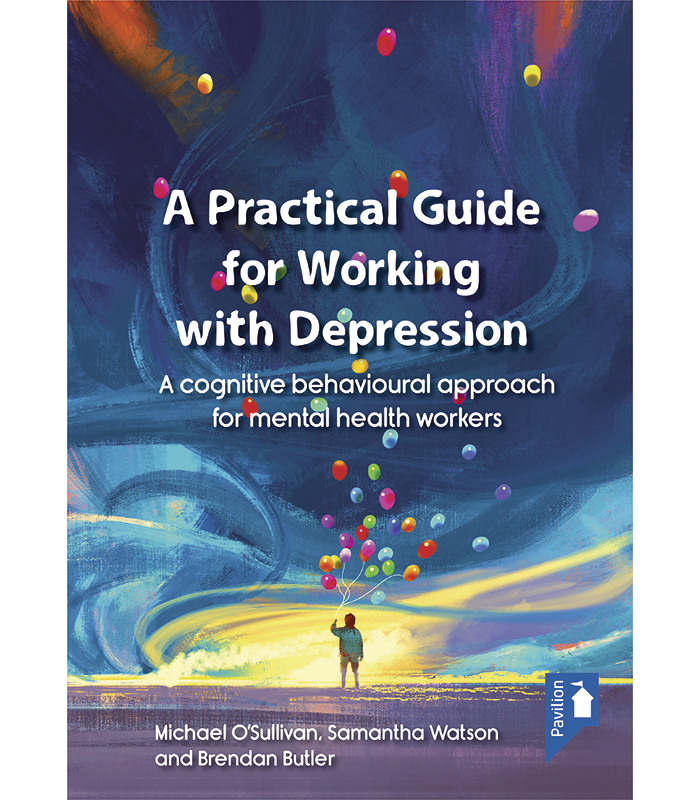
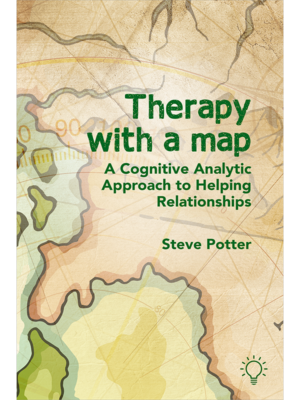
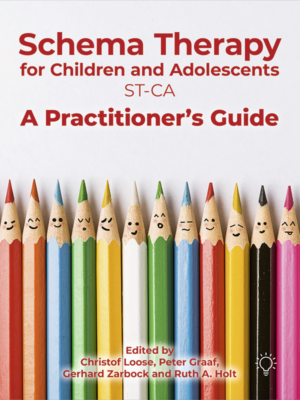

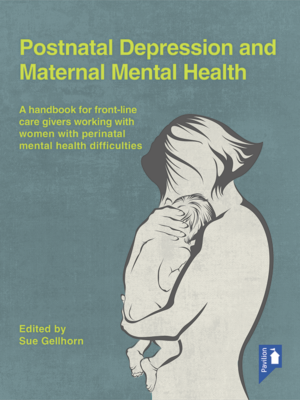
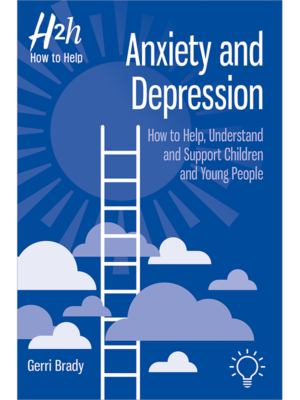
Reviews
There are no reviews yet.